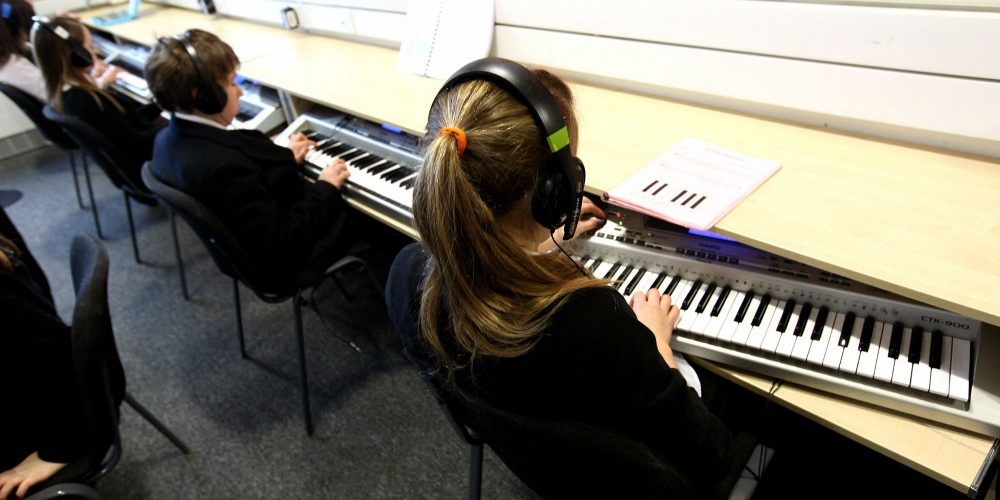New study finds that disabled people are “absent” from music education
A new study has found that disabled people are “still absent” from “the planning and delivery” of music education.
Commissioned by the charity Youth Music and conducted with the Take It Away Consortium, the ‘Reshape Music’ study — ‘A report exploring the lived experience of disabled musicians in education and beyond’ — aims to highlight the “significant barriers” faced by disabled musicians in accessing music education and music-making.
Among the key findings of the ‘Reshape Music’ study were that the majority of disabled people surveyed (52%) had been unable to find a teacher who meets their learning needs and understands what additional support they require, while only 25% said they knew how and where to source an adapted musical instrument.
80% of disabled people surveyed said they found music-making to be “a positive experience”, though only 61% said they knew how and where to access financial support to make it viable.
#ReshapeMusic is our new report exploring the lived experience of #DisabledMusicians in education and beyond.
Read the report. Join the conversation. #ReshapeMusic.
➡️ https://t.co/H3s0Ictavh pic.twitter.com/2uYcFwqIfh
— Youth Music (@youthmusic) October 14, 2020
“While there has been some progress, particularly over the last five years, ‘Reshape Music’ illustrates in very stark terms that the views, lived experience and expertise of disabled people are still absent in the planning and delivery of music education and music-making,” Matt Griffiths, CEO of Youth Music, said about the study.
“As a result, policies, programmes and infrastructure are often developed in a way that excludes their involvement and participation. This is discriminatory and particularly alarming knowing that there are 13.3 million disabled people in the UK, equating to 21% of the total population.
“COVID-19 has brought these inequalities into sharp focus with disabled people being disproportionately affected, facing further barriers to accessing services and being at higher risk of contracting the virus.”
Among the recommendations for change made by the ‘Reshape Music’ study are an increase in the representation of disabled people in music industry and music education organisations, making spaces such as venues, education spaces and retail outlets fully accessible for disabled musicians, performers and audience members, and specific budgets being put in place “to ensure disabled people can fully participate in music education programmes”.
You can read the full ‘Reshape Music’ study here.
Back in August, a three-year programme which aims to increase employment opportunities for deaf and disabled people in the commercial music sector was launched.
